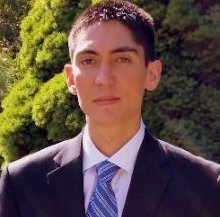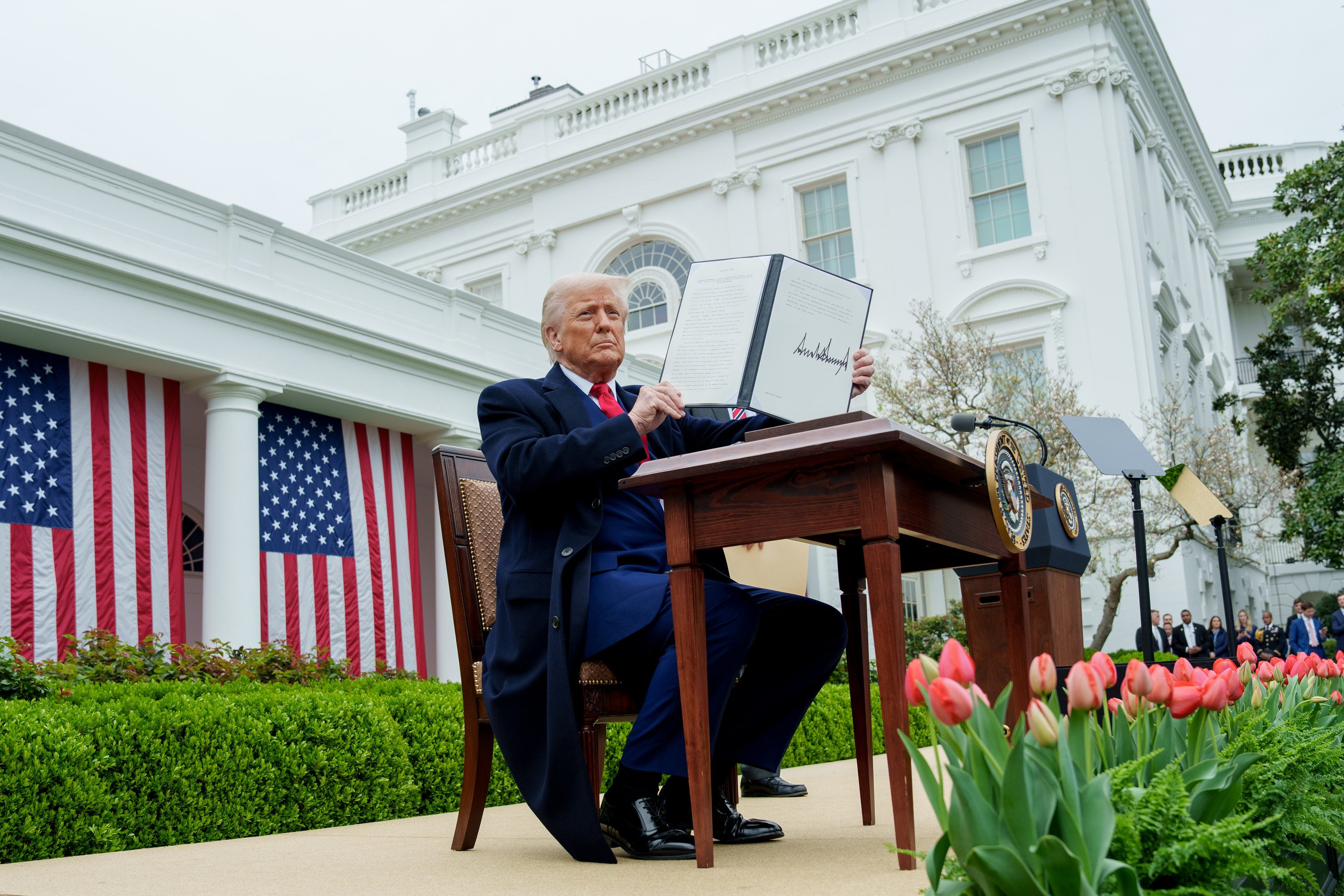Former CIA Detainees Sue CIA Contractors Under The Alien Tort Statute For Alleged Torture
Last month, the ACLU filed a civil action in the Eastern District of Washington on behalf of Suleiman Abdullah Salim, Mohamed Ahmed Ben Soud and Gul Rahman. They assert that the CIA secretly detained them in Afghanistan and subjected them to torture. Two of the plaintiffs, Suleiman Abdullah Salim and Mohamed Ahmed Ben Soud, survived their time in CIA detention, were eventually released and now reside in Libya and Tanzania. The third plaintiff, Gul Rahman, died in CIA custody in November 2002.
Published by The Lawfare Institute
in Cooperation With

Last month, the ACLU filed a civil action in the Eastern District of Washington on behalf of Suleiman Abdullah Salim, Mohamed Ahmed Ben Soud and Gul Rahman. They assert that the CIA secretly detained them in Afghanistan and subjected them to torture. Two of the plaintiffs, Suleiman Abdullah Salim and Mohamed Ahmed Ben Soud, survived their time in CIA detention, were eventually released and now reside in Libya and Tanzania. The third plaintiff, Gul Rahman, died in CIA custody in November 2002. The complaint names as defendants James Mitchell and John Jessen, former military psychologists. Plaintiffs claim that while serving as CIA contractors, defendants helped design and implement the CIA’s “enhanced interrogation techniques.” Mitchell and Jessen are both described in the controversial December 2014 report from the Senate Select Committee on Intelligence.
The complaint contains an extensive discussion of the plaintiffs’ alleged treatment at the hands of CIA interrogators. The CIA’s alleged “torture techniques” included solitary confinement, constant extreme light or darkness, perpetual loud music, extreme temperatures, forced nudity, dietary restrictions, shackling in painful stress positions, and prolonged sleep deprivation. Plaintiffs allege that as the interrogation program expanded through the mid-2000s, Mitchell and Jessen formed a company to meet the CIA’s growing demand for their services, ultimately hiring several dozen employees and billing the government for $81 million.
The complaint states three distinct claims: ‘Torture and Other Cruel, Inhuman, and Degrading Treatment’; ‘Non-Consensual Human Experimentation’; and ‘War Crimes’. Each claim contends that Mitchell and Jessen are “directly liable” for violating plaintiffs’ rights under U.S. and international law, and that the plaintiffs suffered severe physical, mental, and emotional harm from their mistreatment. The complaint also advances conspiracy and aiding and abetting liability theories, and requests relief in the form of compensatory and punitive damages.
Congress provided a cause of action for torture claims in the Torture Victim Protection Act (“TVPA”), but did not extend such claims to acts taken under the color of U.S. law, such as the claims here. So, the TVPA is not available to these plaintiffs. Instead, they ask the court to hear their claims under federal common law pursuant to the Alien Tort Statute (“ATS”).
The Supreme Court has read the ATS, a jurisdictional statute enacted in 1789, to permit federal courts to recognize a limited class of common law claims for violations of the “law of nations.” The Supreme Court in Sosa v. Alvarez-Machain, 542 U.S. 692 (2004), held that courts must use great caution is recognizing common claims under the ATS and that such claims must, at a minimum, state a violation of a clearly defined, widely accepted, obligatory international norm.
More recently, in Kiobel v. Royal Dutch Petroleum Co., 133 S.Ct 1659 (2013), the Court faced the question of whether the ATS permits a claim based on “conduct occurring in the territory of a foreign sovereign.” The Court held that it does not:
We . . . conclude that the presumption against extraterritoriality applies to claims under the ATS, and that nothing in the statute rebuts that presumption. [T]here is no clear indication of extraterritoriality here . . . and petitioners' case seeking relief for violations of the law of nations occurring outside the United States is barred.
Id. at 1669. After announcing that straightforward rule – that the ATS does not apply to conduct abroad – the Court concluded with this paragraph:
On these facts, all the relevant conduct took place outside the United States. And even where the claims touch and concern the territory of the United States, they must do so with sufficient force to displace the presumption against extraterritorial application. . . . Corporations are often present in many countries, and it would reach too far to say that mere corporate presence suffices. If Congress were to determine otherwise, a statute more specific than the ATS would be required.
Ibid. This paragraph has been read by the plaintiffs’ bar as negating the broad holding of the Court and making the application of the ATS all depend on a fuzzy inquiry as to whether the claims sufficiently “touch and concern” the territory of the United States.
The district court in this case will have to address how Kiobel applies to this context. Here, all of the alleged tortious conduct occurred abroad. Plaintiffs, however, are asking the federal court to hear this claim of injury to aliens in a foreign country because the defendants are U.S. citizens and their claims sufficiently “touch and concern” the U.S. (because the tortious conduct was planned and coordinated from the United States). It is fairly certain that defendants will argue for a broader reading of Kiobel, focusing on whether the injury and/or the tortious conduct occurred in the United States.
We also would expect the defendants to argue that an ATS suit should not be permitted in this context because Congress has enacted a cause of action for torture, the TVPA, and intentionally did not extend it to acts taken under the color of US law. At least one Court of Appeals has suggested that the TVPA precludes a court from recognizing a common law ATS action even in regard to persons acting under foreign law. See Enahoro v. Abubakar, 408 F.3d 877, 884-85 (7th Cir. 2005). There appears to be a much stronger argument that the congressional choice to decline to extend a cause of action for torture against those acting under color of U.S. law should preclude judicial recognition of a common law ATS claim in that context. Notably, the D.C. Circuit, in Meshal v. Higgenbotham, recently refused to extend a common law Bivens remedy for alleged torture abroad in part because Congress chose not to extend a TVPA remedy. The same rationale may equally apply to preclude a common law ATS claim.
To date, most such ATS claims brought against federal officials by former detainees have been dismissed under the Westfall Act, which permits the U.S. to substitute for individual defendants for actions taken in the scope of their employment. The courts have held that the Westfall Act’s immunity for federal employees applies even where the plaintiffs asserts claims of torture. See Ali v. Rumsfeld, 649 F. 3d 762 (D.C. Cir. 2011). Here, however, the defendants are alleged to have been CIA contractors and not employees. If true, that may preclude invocation of the Westfall Act.
Defendants may, however, attempt assert some form of a defense contractor immunity under Boyle v. United Technologies Corp., 487 U.S. 500, 511(1988). If that immunity is read broadly to cover all claims exempted by the Federal Tort Claims Act, it may offer some protection to defendants here. See Koohi v. United States, 976 F. 2d 1328 (9th Cir. 1992). No doubt plaintiffs will argue that such immunity should not extend to interrogations away from the battlefield claims and should never apply to claims of torture or war crimes.
There is also a possibility of state secrets defense, though with the large amount of now publically available information, that appears doubtful.
In any event, this will be an interesting case to watch. We will update once defendants file their motion to dismiss.






